
China Merchants-Yidun, the first Chinese-flagged luxury cruise ship, is docked at a terminal in the Bund area of Shanghai in February 2022. (PHOTO/CHINA DAILY)
Passenger vessels all set to welcome travelers as demand for high seas surges
U.S.-based cruise line operator Royal Caribbean International said it has seen growing demand from Chinese travelers for cruise trips abroad and the company is fully confident in the recovery trend of China's ocean cruise market.
Royal Caribbean, which mainly operates large tonnage cruise ships, expects that in the second half of this year, China's cruise tourism market will witness a restart, with the further easing of outbound travel policies and reopening of cruise terminals. In 2024, China's cruise market is expected to enter a recovery stage, it predicted.
"On the demand side, people's desire for reunions and flexibility to travel remains unchanged, but such demand was held up before. We are optimistic about Chinese consumers' willingness to take cruise trips again," said Liu Zinan, senior vice-president of Royal Caribbean Group and chairman of Royal Caribbean Cruises Asia.
After the Chinese government announced the resumption of quarantine-free cross-border trips in December, Royal Caribbean started receiving a growing number of inquiries from Chinese travelers about taking cruise trips abroad.
Since China relaxed COVID-19-related entry restrictions on Jan 8, Chinese tourists have indicated a strong interest in taking cruise trips overseas, especially in Southeast Asia, and booking volumes have been high.
Royal Caribbean said the most popular route for Chinese tourists has been from Singapore to destinations in Southeast Asia, which are mainly short and medium-length routes lasting from four to seven days.
Chinese tourists recognize and are familiar with those destinations and flight ticket prices from China to Singapore are more acceptable compared with prices to Europe and the U.S., Royal Caribbean said.
In March, China resumed outbound group tours to 40 more selected countries after resuming overseas group tours to 20 countries in February. With the further possible expansion of selected destinations and a growing number of international flights with reasonable ticket prices, booking volumes of overseas cruise trips may continue to rise, Royal Caribbean said.
International cruise trips that depart from Chinese mainland's home ports, Shanghai and Shenzhen in Guangdong province, had been given the green light to resume after a suspension of over three years, according to a notice released by the Ministry of Transport in late March.
"Next, the revenue growth of China's domestic cruise tourism market is expected to mainly come from routes that depart from Shanghai and Tianjin to various destinations in Japan, and tourists will mainly consist of families and senior groups," Liu said.
Before the pandemic outbreak, China's cruise tourism market experienced a golden decade of growth. Currently, China stands as the second-largest cruise passenger market after the U.S., according to the Cruise Lines International Association.
Although COVID-19 has had a negative impact on the global cruise tourism market, the sector is on a recovery track and passenger traffic in 2024 is likely to exceed levels seen in 2019 when there was no pandemic, the CLIA forecasted.
Meanwhile, in January, Norwegian cruise line operator Viking Cruises began sales of its European inland river cruise routes for Chinese tourists. Its 11-day Rhine River cruise has been particularly popular, according to the company.
Viking Cruises China, the local unit of Viking Cruises, which operates a joint venture with China Merchants Group, has seen steady growth in the number of passengers of its domestic cruise products.
The average number of passengers that took the two cruise trips during Spring Festival this year grew by more than 70 percent compared with the fourth quarter of 2022, the company said.
Viking Cruises said Chinese consumers have been increasingly pursuing comfortable and unique travel experiences. Thus, the focus of the cruise industry also needs to shift from volume to quality, from price-cutting to launching more value-added services, therefore creating differentiation and accurately attracting more customers.









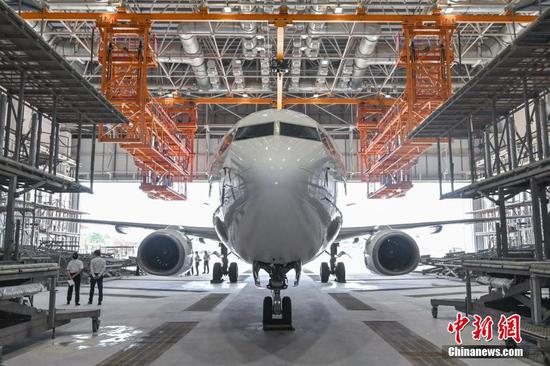

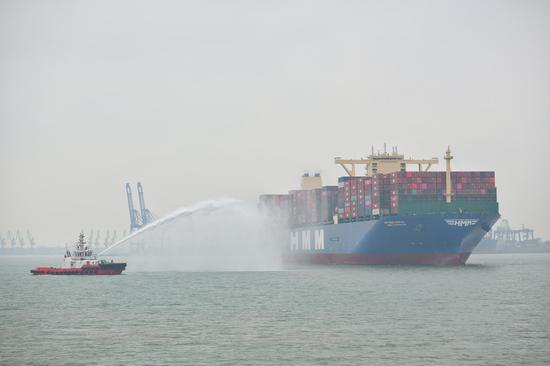


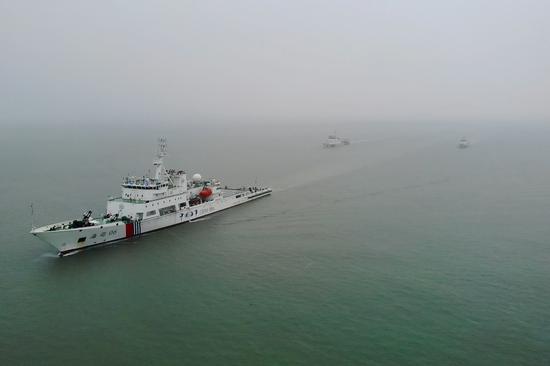
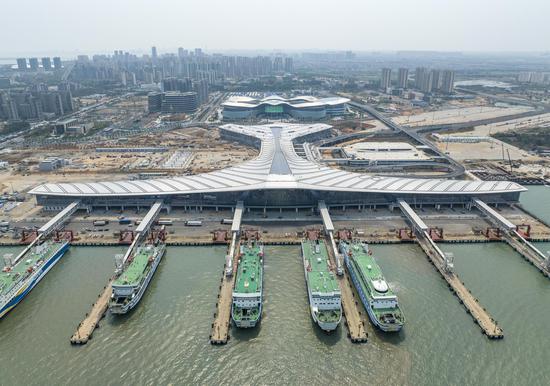



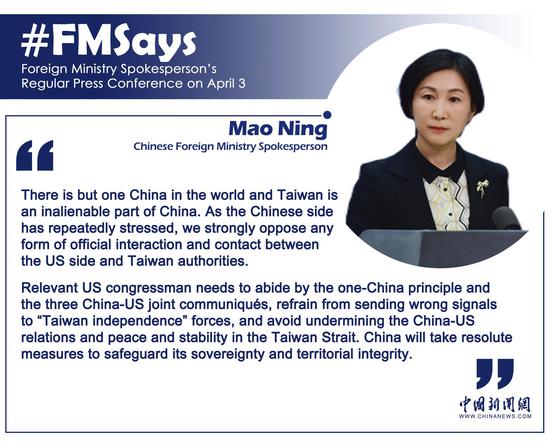












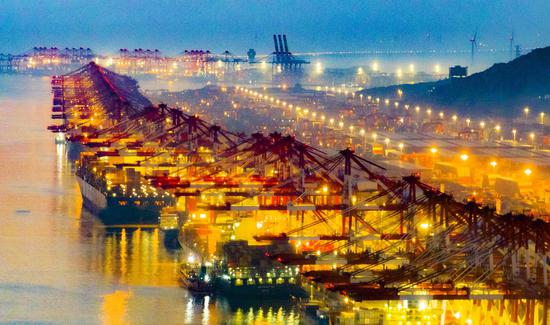



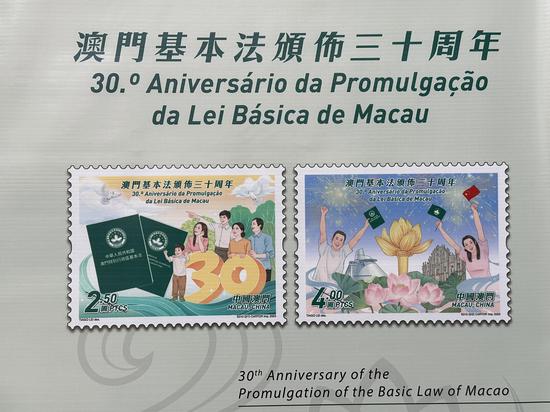



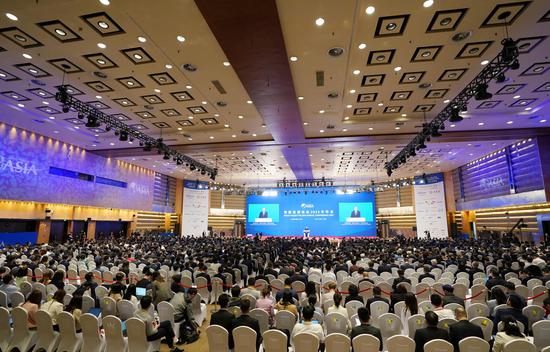


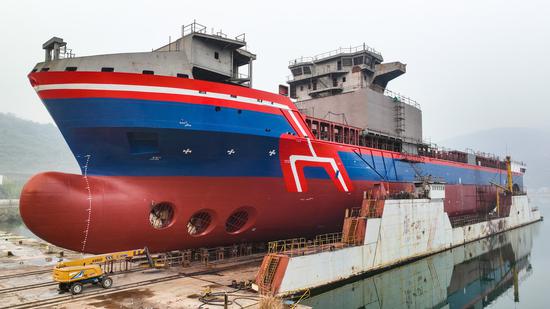






 京公网安备 11010202009201号
京公网安备 11010202009201号